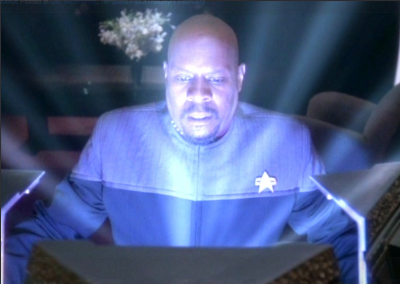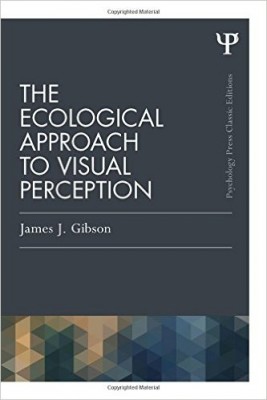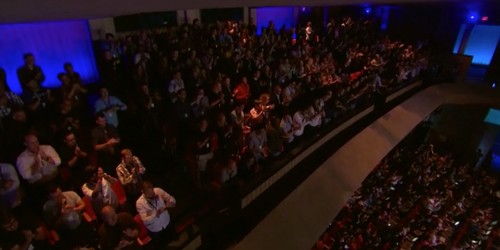
A review of Future Sex (2016) by Emily Witt.
Emily Witt’s (2016) book Future Sex chronicles her search for sexual self-realization as a New Yorker in her early 30s migrating to tech-centered San Francisco. The book is based both in interviews and personal experiences, stringing vignettes together into chapters with topics including polyamory, Orgasmic Meditation, Internet porn, and Burning Man. In this review, I highlight the chapter on her Cam sites experience.
But first, I will start with a broad overview. A major theme in the book is the kind of existential angst that comes from having too many choices. Witt feels daunted by her sexual freedom as a millennial—the limitless range of sexual partners and practices—first made possible by the sexual revolution, and then by the Internet. more...









